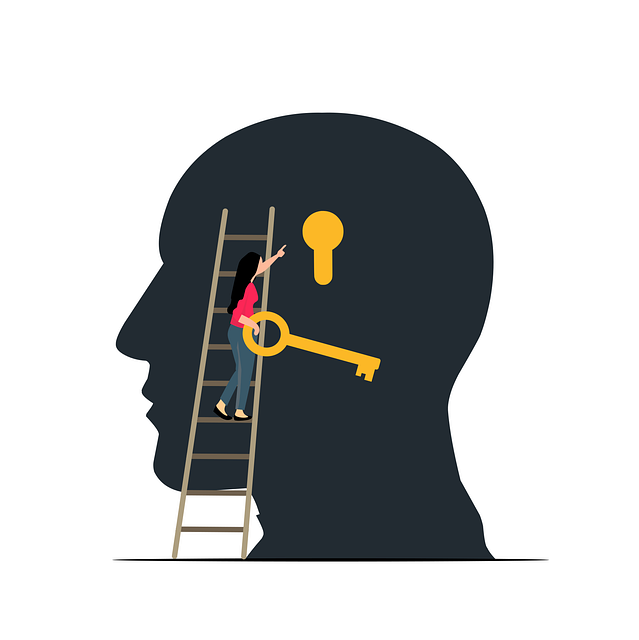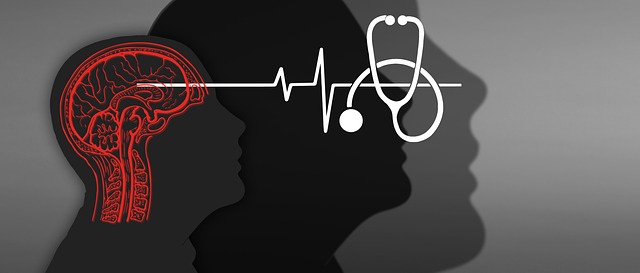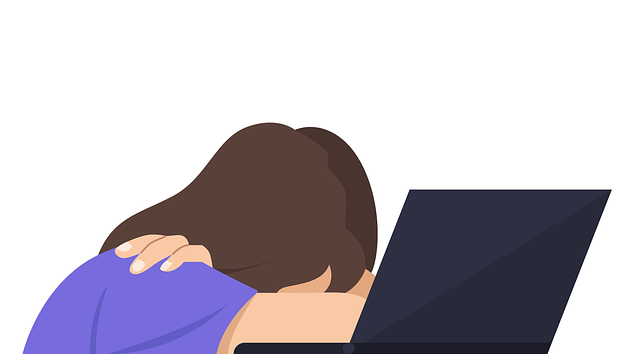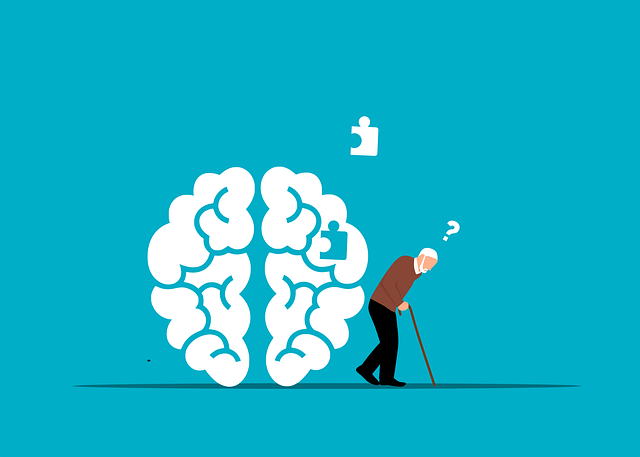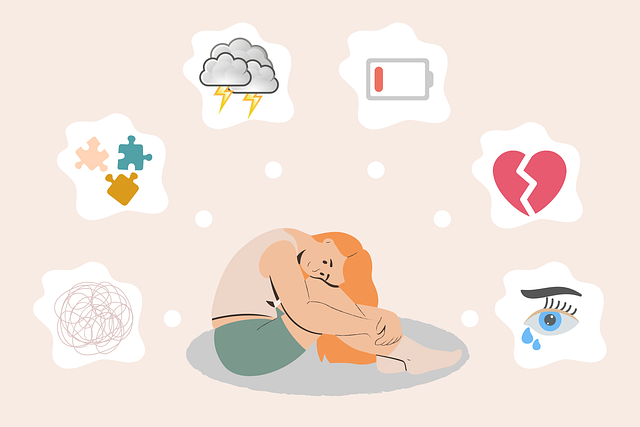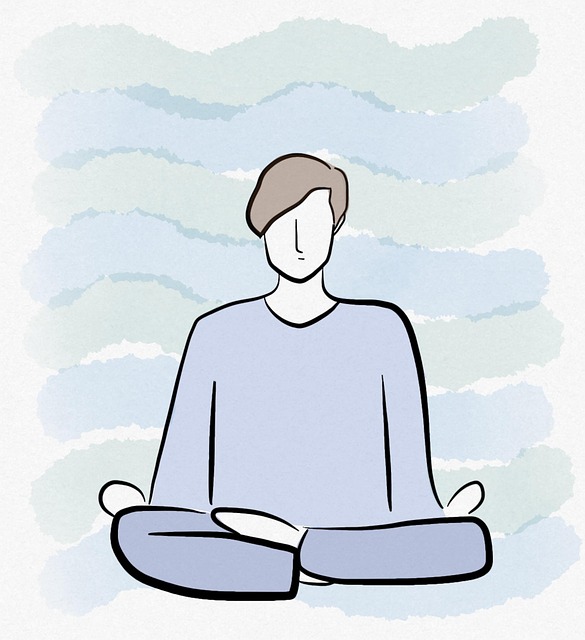Self-care is a proactive approach to holistic well-being, integrating activities that recharge the spirit into daily life. Combining self-care with Wheat Ridge Pain Management Therapy for chronic pain significantly enhances health and resilience. By understanding personal stressors and keeping a journal, individuals can better manage their conditions. Mindfulness techniques, like meditation, reduce stress and improve emotional regulation. Nurturing physical health through proper diet and exercise also impacts mood and reduces stress. Establishing healthy boundaries, with guidance from culturally competent healthcare providers, is crucial for self-care and pain management.
“Elevate your well-being journey with our comprehensive guide to self-care practices. In today’s fast-paced world, prioritizing personal care is a game-changer for overall health. From understanding the cornerstone of self-care to establishing healthy boundaries, this article equips you with essential tools. Learn how to identify and manage stressors, incorporate mindfulness techniques, nurture your body through diet and exercise, and set boundaries with Wheat Ridge Pain Management Therapy’s expert advice. Take control, embrace relaxation, and unlock a happier, healthier you.”
- Understanding Self-Care: The Cornerstone of Well-being
- Identifying Personal Stressors and Triggers
- Incorporating Mindfulness and Relaxation Techniques
- Nurturing Physical Health through Diet and Exercise
- Establishing Healthy Boundaries: Saying No to Overcommitment
Understanding Self-Care: The Cornerstone of Well-being

Understanding Self-Care is the cornerstone of achieving and maintaining well-being. It involves recognizing your physical, emotional, and mental needs and taking proactive steps to fulfill them. This isn’t just about treating yourself to a spa day; it’s a holistic approach that includes activities tailored to your unique circumstances. Incorporating self-care practices into your daily life can significantly impact your overall health, particularly when coupled with effective Wheat Ridge Pain Management Therapy for chronic conditions.
Developing a robust Self-Care Routine is key to enhancing mental health and preventing issues like depression. It allows you to cultivate emotional regulation skills, ensuring that you’re equipped to handle stress, anxiety, and even pain more effectively. By prioritizing self-care, individuals can create a buffer against life’s challenges, fostering resilience and promoting better overall well-being. This process often involves learning what recharges your spirit, whether it’s meditation, exercise, connecting with nature, or spending quality time with loved ones—all essential components for nurturing both mind and body.
Identifying Personal Stressors and Triggers

Understanding your personal stressors is a vital step in improving self-care practices and overall well-being. This process involves identifying triggers that cause physical or emotional strain, which can manifest differently for everyone. For instance, while some individuals might find certain situations or interactions highly stressful, others may be triggered by specific thoughts or memories. A Wheat Ridge Pain Management Therapy session is an ideal environment to explore these personal stressors, as therapists are trained to help clients uncover and address underlying issues that contribute to their pain or discomfort.
By keeping a journal to track daily experiences and associated emotions, individuals can start to recognize patterns and identify potential triggers. This practice allows for a deeper understanding of one’s emotional responses and paves the way for proactive conflict resolution techniques. Additionally, healthcare providers’ cultural competency training plays a significant role in this process, ensuring that clients feel heard, validated, and supported during their journey towards better self-care, especially when dealing with issues related to stress and triggers.
Incorporating Mindfulness and Relaxation Techniques

Incorporating mindfulness and relaxation techniques is a powerful step toward enhancing self-care practices, as recommended by Wheat Ridge Pain Management Therapy experts. These practices, such as meditation and deep breathing exercises, can significantly reduce stress levels and improve emotional regulation, which is crucial for overall well-being. By dedicating just a few minutes each day to these activities, individuals can cultivate a sense of inner calm and develop better coping mechanisms for dealing with life’s challenges.
Social Skills Training and Mental Health Policy Analysis and Advocacy also highlight the importance of mindfulness in fostering healthy relationships and promoting community support. When individuals are more aware of their thoughts and emotions, they can better communicate their needs to others, leading to stronger connections and improved mental health outcomes. This holistic approach to self-care not only benefits personal growth but also encourages a sense of belonging and empowerment within the community.
Nurturing Physical Health through Diet and Exercise

Nurturing Physical Health is a cornerstone for overall well-being and can significantly impact our emotional state. Proper diet and regular exercise are essential components of self-care, often overlooked but with profound effects on both physical and mental health. Incorporating nutrient-rich foods into your daily meals, focusing on whole grains, lean proteins, and fresh produce, can enhance energy levels and improve overall mood. This dietary shift is a powerful tool in Stress Reduction Methods, as it supports the body’s natural ability to combat stress hormones.
Wheat Ridge Pain Management Therapy often emphasizes the importance of exercise in treating not just physical pain but also emotional distress. Engaging in regular physical activity, whether it’s a brisk walk, yoga, or high-intensity interval training, releases endorphins that promote Emotional Well-being Promotion Techniques. Additionally, Exercise can serve as an outlet for stress relief and anxiety management, making it a valuable addition to one’s self-care routine. Incorporating these practices into your lifestyle can lead to improved mental wellness, better sleep, and increased resilience in navigating life’s challenges.
Establishing Healthy Boundaries: Saying No to Overcommitment

Establishing healthy boundaries is a crucial aspect of self-care and can significantly impact one’s overall well-being, especially for those seeking Wheat Ridge Pain Management Therapy. Saying no to overcommitment is an essential step in this journey. Many individuals struggle with setting limits due to fear of disappointing others or a desire to be liked, which can lead to burnout and stress. A simple yet powerful practice is to assess your commitments and prioritize self-care. This involves recognizing when you’ve reached your capacity and learning to decline additional responsibilities without guilt.
By practicing self-awareness exercises and cultivating self-esteem improvement, individuals can enhance their ability to say no. It’s about understanding and respecting your own needs and energy levels. A healthcare provider with cultural competency training can guide patients through this process, offering strategies to navigate social pressures and develop a healthier relationship with saying no. This simple yet profound change in behavior can lead to reduced stress, improved mental health, and better management of pain conditions like those seeking Wheat Ridge Pain Management Therapy.
Self-care is a transformative journey, and by implementing these practices, you can take control of your well-being. From recognizing stressors to adopting mindfulness and prioritizing physical health, each step contributes to a more balanced and fulfilling life. Remember, at Wheat Ridge Pain Management Therapy, we emphasize the importance of self-care in our comprehensive approach to pain relief and overall wellness. Embrace these strategies to enhance your quality of life and unlock your inner resilience.
